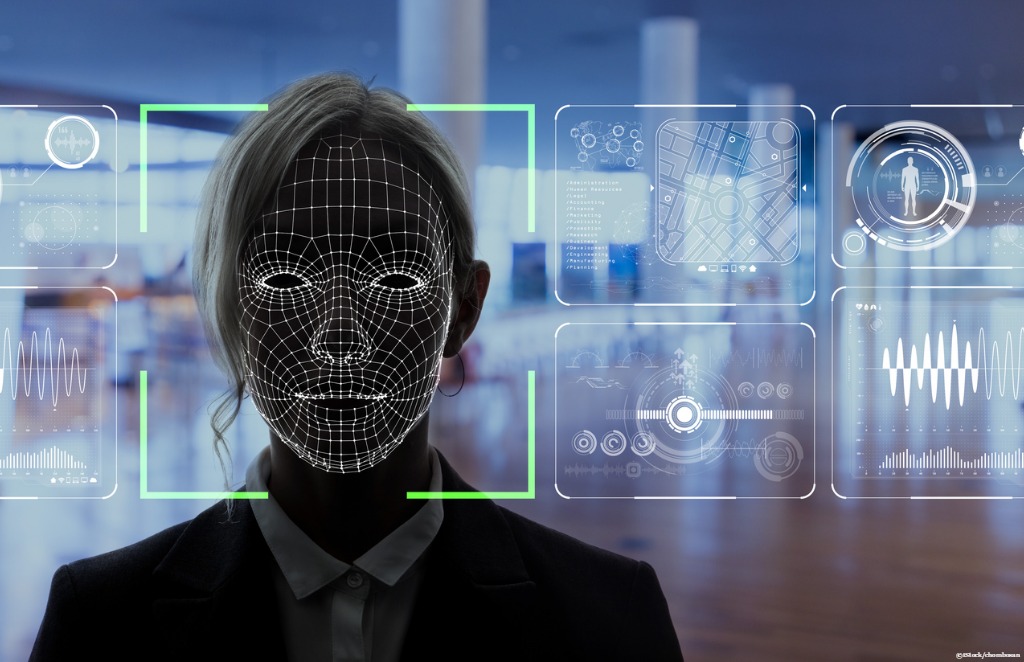
A lawyer for controversial facial recognition startup Clearview AI says your face has no right to privacy in common law.
Clearview’s facial recognition system is used by over 600 law enforcement agencies and a recent leak revealed its client list also includes the likes of Best Buy and Macy’s.
The system has been criticised due to its method of scraping the internet to gather images and storing them in a database. Privacy activists say the people in those images never gave consent.
“Common law has never recognised a right to privacy for your face,” Clearview AI lawyer Tor Ekeland said in a recent interview with CoinDesk. “It’s kind of a bizarre argument to make because [your face is the] most public thing out there.”
It’s a fair point, but it’s not exactly comforting knowing that your face could be stored on a database somewhere without giving explicit permission for it to be. Furthermore, Clearview AI isn’t exactly gaining a reputation for being a trustworthy custodian of people’s data.
Many people criticised Clearview AI’s response – or, lack thereof – to their recent data breach. The only response was the following statement posted by Ekeland: “Security is Clearview’s top priority. Unfortunately, data breaches are part of life in the 21st century. Our servers were never accessed. We patched the flaw, and continue to work to strengthen our security.”
Ekeland gained himself a reputation as “The Troll’s Lawyer,” a nickname given by Wired, for his past clients.
Among the first clients of Ekeland was self-described neo-Nazi troll Andrew Auernheimer who downloaded 114,000 email addresses from a public server without security on it. Ekeland defended Auernheimer by criticising the Computer Fraud and Abuse Act (CFAA) and saying that it fails to meet a reasonable standard of defining what’s prohibited.
Ekeland now expects the hacker responsible for leaking Clearview AI’s clients to be prosecuted under the CFAA. He argues that, while individuals like Auernheimer and companies like Clearview AI only accessed information left public on the web, whoever breached Clearview AI bypassed security to access something without permission.
Regardless, Clearview AI has now got Congress’ attention.
In a letter (PDF) to Clearview CEO Hoan Ton-That, US House of Representatives’ Committee on Science, Space &Technology chairwoman Eddie Bernice Johnson, and ranking member Frank D. Lucas, wrote:
“Clearview AI’s work appears subject to very little government oversight, despite the serious privacy questions raised by the intended use of Clearview AI’s technology. These concerns are compounded immensely by the knowledge that the firm has now been the subject of a successful hacking operation.”
The letter calls on Mr Ton-That to provide written answers to six questions by March 17th.







“Clearview AI lawyer: ‘Common law has never recognised a right to privacy for your face’”